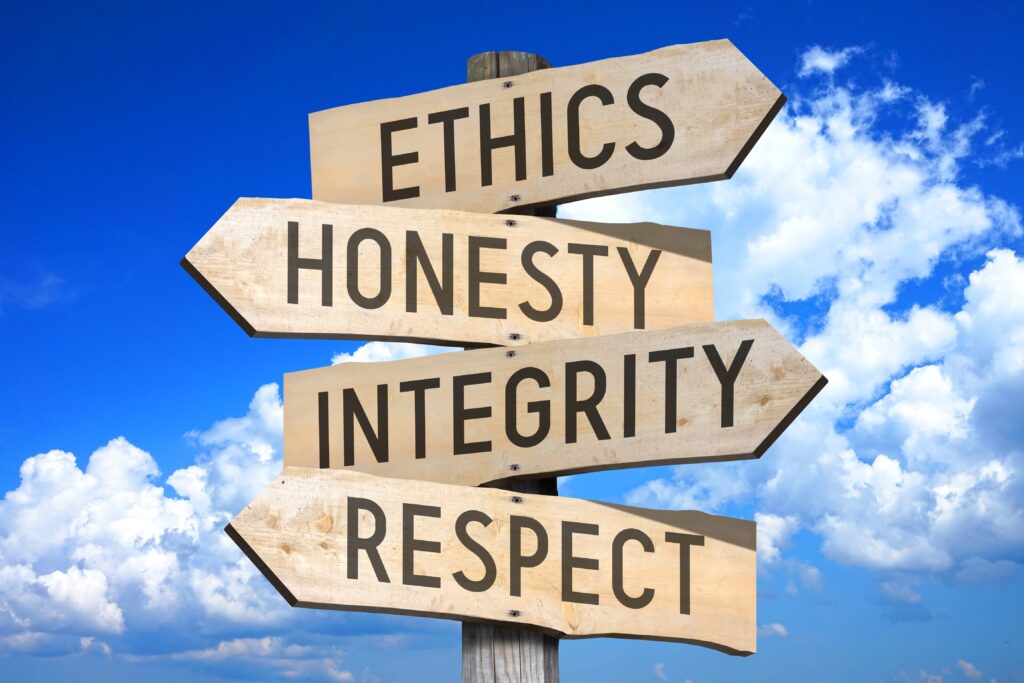
We were again subjected to an extended discussion of Board policy that showed clearly how a member of the board of education wants one standard for himself and another for anyone who disagrees with him.
The Board was presenting several policies which would establish a code of ethics and behaviors for board members. These policies were prompted by a recent investigation in the behaviors of a certain board member towards staff members and other board members.
The first policy up for discussion was met with a snag when a point was introduced that any board member who accepted a campaign contribution would be forced to recuse themselves on any vote related to the donor. The point of contention was clearly made by two board members who have been very critical about the support current school board members received from the community and unions in the recent school board elections. Perhaps these board members were upset because their supported candidate(s) lost in both elections.
The board then discussed a policy specifically about how board members should speak to one another and refrain from vitriolic speech toward one another during board meetings. The sticking point was that there should be no consequences for violating these expected behaviors. Coincidentally, the opposition to any consequences for violating this board policy came from the person who is under investigation for the abuses the policy is attempting to prevent.
Contributions to campaigns come in many shapes and forms. Printed endorsements, verbal endorsements, social media posts, volunteerism, and money to pay for campaign materials. There is a difference between a board member or politician voting on a matter by which they themselves or their immediate family would benefit (financially or otherwise) and participating in a vote that might involve someone from the community who assisted in their election. Part of a code of ethics, written or otherwise, would expect that an honorable person would recuse themselves from decisions in which there would be an actual or perceived conflict, or a decision in which they would personally benefit.
For example, an honorable person would recuse themselves from discussion at a meeting (or might even excuse themselves from the meeting) in which they themselves were the object of an investigation. It might seem to people observing the meeting that the person was attempting to intimidate or pressure their fellow board members from acting independently and in the best interests of the school district and community.
The Jericho School District deserves honorable Board of Education members who hold themselves to the same, if not higher, standards of behavior and ethics that are expected for the students and staff who learn and work there. Civility is not be something a Jericho board member should need to be counseled or reminded about, it is expected as a standard of behavior.